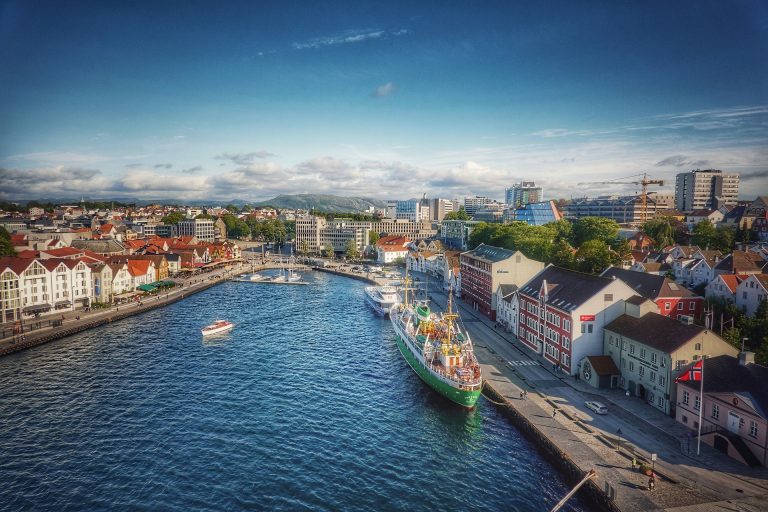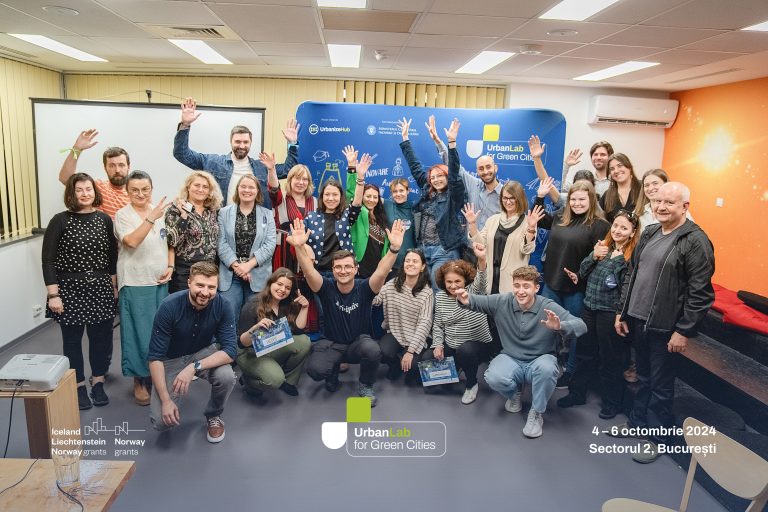Millenials are voting for urban communities where they can live, work and play. There is a shift in the way cities are being run and the way they are reinventing their identity. Through innovation and creativity and the impulse of new public-private partnerships, cities are becoming the center of a metropolitan revolution.
A new open innovation system is transforming cities economically, mainly in the United States and Europe. Innovation is critical for corporations to work along with universities, researchers, entrepreneurs, and investors. Additionally, a shift in social preferences and market forces is enabling a revaluation of the city’s essence. Factors such as proximity, density, vibrancy, authenticity, and diversity help to identify or reinvent the city’s essence.
Bruce Katz and Alex Jones use the term “American Localism” to identify this 21st-century urban trend in America. They suggest that a focus on this local trend is unlocking the capacity and creativity of public, private and civic efforts. Additionally, they argue that this new local focus is a breakup from a 20th-century tradition based on a state and national level emphasis for city empowerment. Arguably, one could say that “new localism” in America is a response from cities to a lack of federal investment.
Katz and Jones argue that cities like Sheffield (UK) or Bilbao (Spain) have evolved from industrial cities to new vibrant cultural hubs. For instance, a higher devolution of power for cities has leveraged the value of public owned assets for regeneration purposes. In other words, cities are embracing innovation and creativity because they are also embracing more political and economic power. This allows more direct decision-making, which can lead to a more productive community.

Katz and Jones discuss further case studies of former American industrial cities such as Pittsburgh, Cleveland, Philadelphia or Detroit reinventing themselves in Anne Power’s “Cities for a Small Continent”.
There is an ongoing transition of decision-making power from national to local levels. This could result in more effective, efficient and authentic cities. Additionally, it is possible that some former industrial cities can use this decentralization to regenerate themselves and become culture hubs. It is still early to call, but this ongoing global metropolitan revolution could empower citizens further that they can imagine.
Bruce Katz was born in Brooklyn, New York, and graduated with a B.A. from Brown University in 1981. He earned his J.D. from Yale Law School in 1985. Currently he is a vice president at the Brookings Institution, a nonprofit public policy organization based in Washington, D.C. He is founding director of the Brookings Metropolitan Policy Program, which aims to provide decision makers in the public, corporate, and civic sectors with policy ideas for improving the health and prosperity of cities and metropolitan areas
Source: Brookings, University of Chicago Press
Photo: VisitPhilly, Tourism Euskadi
Video: Brookings, Tedx Hamburg







